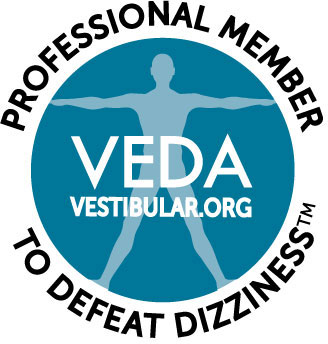For those who suffer from ADHD, their condition is often compounded by problems with their binocular vision. A certain portion of these people, both children and adults, experience a binocular vision disorder known as vertical heterophoria (VH), which results from a misalignment of the eyes. Even when this misalignment is very small, it can still result in visual symptoms such as headaches and dizziness, blurred vision, nausea, motion sickness and balance issues. In addition to these symptoms, reading can be a problem, as VH can cause the eyes to skip lines and words to blend together or swim on the page.

Why Is It So Hard to Diagnose VH?
Unfortunately, VH and other binocular vision problems are frequently missed during standard eye exams, due to the fact that eye doctors generally don’t have the specialized equipment or training to recognize them. As a result, these patients often get told that there’s nothing wrong with their eyes! To receive relief from their symptoms, they seek the help of other medical professionals, but often end up being misdiagnosed as having conditions such as vertigo, migraines or sinus headaches. At other times, they simply aren’t taken seriously.
Listening Is Caring
Dr. Cheryl has worked with many patients who’ve been dealing with symptoms of undiagnosed VH for their entire lives. When first meeting with a new patient, she knows that her number one job is to simply listen. Here she shares just such an experience:
“I had the pleasure of examining a wonderful patient of mine. He has ADHD, and yet in spite of that he’s a brilliant computer programmer. When I first met with him, he told me that the words always move on the computer screen and he could feel his eyes pulling. These are, of course, classic symptoms of vertical heterophoria. The many medications he is on probably contributed to his poor binocular vision. Not surprisingly, his prismatic lenses immediately made his eyes feel better.
“Why am I so excited to see this particular patient tomorrow? He told me that I was the first eye doctor to listen and take his complaints seriously. That makes me feel really good.”
Schedule an Appointment
At the Neuro Visual Center of New York, we love being able to help people whose concerns were trivialized for so many years. Our compassionate doctors do this first by listening, then performing a comprehensive evaluation to determine how we can help. If you’ve been experiencing any of the previously mentioned symptoms of VH, give us a call at (516) 224-4888.





